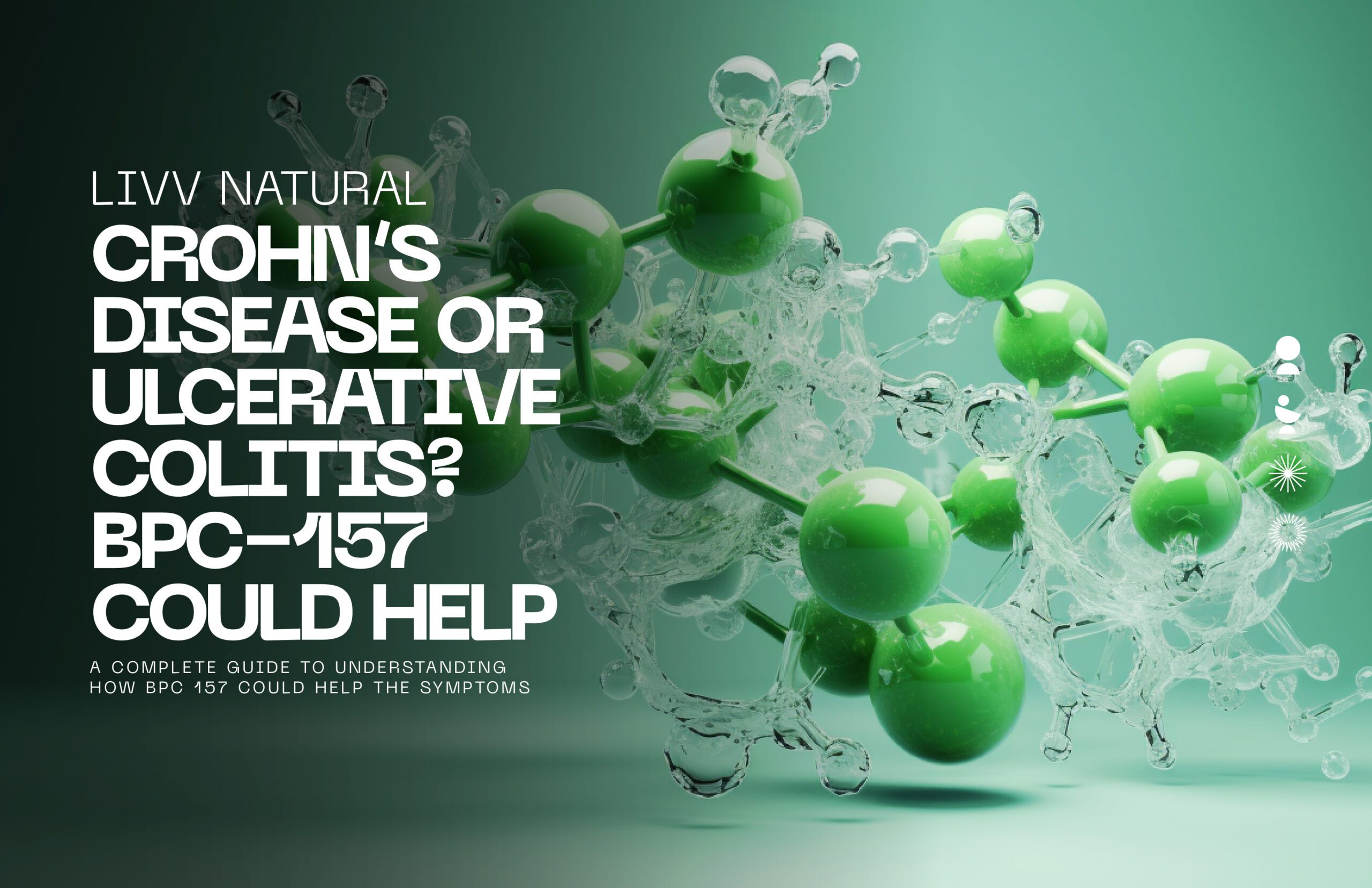Ulcerative Colitis: Understanding, Management, and Hope Ulcerative colitis (UC) is a chronic inflammatory bowel disease (IBD) characterized by inflammation and ulcers in the lining of the colon and rectum.
It affects millions of people worldwide, with symptoms ranging from mild discomfort to debilitating pain and complications. Despite its prevalence, there is still much to understand about the causes, triggers, and effective treatments for this condition. In this comprehensive article, we delve into the intricacies of ulcerative colitis, exploring its symptoms, diagnosis, management strategies, and the latest advancements in research and treatment.
Understanding Ulcerative Colitis
- What is Ulcerative Colitis? Ulcerative colitis is a type of inflammatory bowel disease (IBD) that primarily affects the colon (large intestine) and rectum. Unlike Crohn’s disease, another form of IBD that can affect any part of the digestive tract, ulcerative colitis is limited to the colon and rectum.
- Causes and Risk Factors The exact cause of ulcerative colitis remains unclear, but it is believed to involve a complex interplay of genetic, environmental, and immune system factors. While genetics plays a role, environmental triggers such as diet, stress, and microbiome composition may also contribute to the development and exacerbation of the condition. Certain risk factors, including family history, ethnicity, and age, can increase the likelihood of developing UC.
- Symptoms Symptoms of ulcerative colitis can vary widely in severity and may include:
- Persistent diarrhea
- Abdominal pain and cramping
- Rectal bleeding
- Urgency to defecate
- Fatigue
- Weight loss
- Loss of appetite
- Fever
- Diagnosis Diagnosis of ulcerative colitis typically involves a combination of medical history review, physical examination, laboratory tests, and imaging studies. Common diagnostic tests include blood tests to assess inflammation levels, stool tests to rule out infections, colonoscopy with biopsy to visualize the colon’s lining and obtain tissue samples for analysis, and imaging studies such as CT scans or MRIs to evaluate the extent and severity of inflammation.
Management Strategies
- Medications
- Aminosalicylates: These anti-inflammatory drugs are often the first-line treatment for mild to moderate UC flare-ups.
- Corticosteroids: In cases of moderate to severe inflammation, corticosteroids may be prescribed to reduce inflammation and induce remission.
- Immunomodulators: Drugs such as azathioprine, 6-mercaptopurine, and methotrexate work by suppressing the immune system’s abnormal response in UC.
- Biologic Therapies: Biologic medications, such as anti-TNF agents (e.g., infliximab, adalimumab) and integrin receptor antagonists (e.g., vedolizumab), target specific components of the immune system involved in UC inflammation.
- Lifestyle Modifications
- Dietary Changes: While diet alone cannot cure UC, certain dietary modifications, such as avoiding trigger foods (e.g., dairy, high-fiber foods, spicy foods) and incorporating probiotics, may help manage symptoms.
- Stress Management: Stress does not cause UC, but it can exacerbate symptoms. Techniques such as mindfulness, relaxation exercises, and therapy can help reduce stress levels and improve quality of life.
- Regular Exercise: Physical activity can help alleviate stress, improve mood, and promote overall health. However, individuals with UC should consult their healthcare provider before starting a new exercise regimen.
- Surgery In cases of severe UC that do not respond to medication or complications such as colon cancer, surgery may be necessary. Surgical options include:
- Colectomy: Removal of part or all of the colon.
- Ileal Pouch-Anal Anastomosis (IPAA): Creation of an internal pouch from the small intestine to replace the function of the colon and rectum.
- Ileostomy: Creation of a stoma on the abdominal wall through which waste is emptied into an external pouch.
Research and Future Directions
- Advancements in Treatment
- Targeted Therapies: Ongoing research aims to develop more targeted therapies that specifically modulate the immune response in UC, minimizing side effects and improving efficacy.
- Microbiome-based Therapies: Manipulating the gut microbiome through probiotics, prebiotics, fecal microbiota transplantation (FMT), or novel microbiome-targeted therapies holds promise in managing UC.
- Precision Medicine
- Genetic Profiling: Identifying genetic markers associated with UC susceptibility and treatment response may enable personalized treatment approaches tailored to individual patients.
- Biomarker Discovery: Biomarkers indicative of disease activity, prognosis, and response to treatment are being investigated to guide treatment decisions and monitor disease progression.
- Patient Support and Advocacy
- Online Communities: Online forums, support groups, and social media platforms provide valuable resources and a sense of community for individuals living with UC.
- Patient Advocacy Organizations: Organizations dedicated to IBD advocacy, education, and research funding play a crucial role in raising awareness, providing support, and driving research efforts forward.
Conclusion:
Ulcerative colitis is a chronic condition that can significantly impact an individual’s quality of life, but with proper management and support, many people with UC are able to lead fulfilling lives. From advancements in treatment to ongoing research initiatives, there is reason to be optimistic about the future of UC care. By raising awareness, fostering collaboration among researchers, and providing comprehensive support for patients, we can strive towards better outcomes and a brighter future for those affected by ulcerative colitis.
